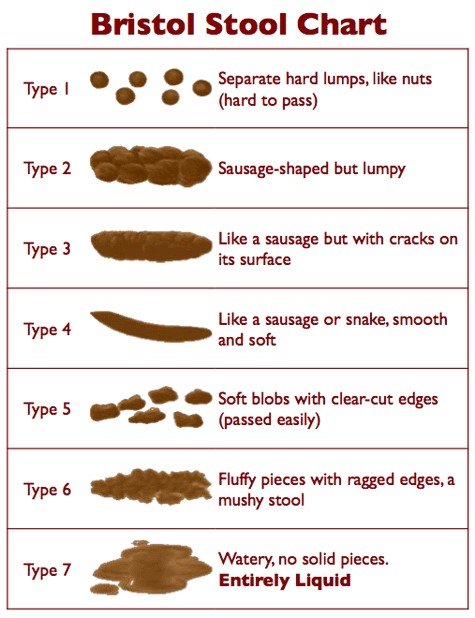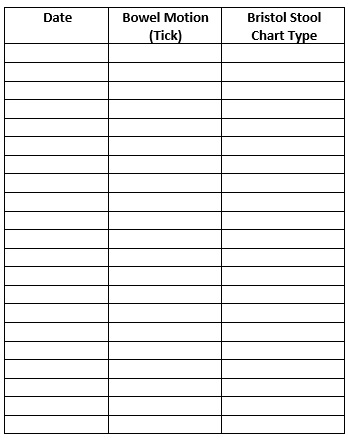CanHOPE is a non-profit cancer counselling and support service provided by Parkway Cancer Centre, Singapore.
Caregiving


Constipation Strategies
What is Constipation?
- It is a condition in which there is difficulty in emptying the bowels and is usually associated with hard stools.
Common Causes of Constipation
- Reduced mobility
- Reduced intake of food and fluids
- Certain prescribed medications (e.g. Opioids, Iron Supplements etc.)
- Abnormal growths/lesions (e.g. Pelvic tumours, Peritoneal metastasis etc.)
- Lack of privacy and comfort (because of the need for assistance with toileting), depression and advanced age
Complications of Constipation
- Abdominal distention/discomfort
- Poor appetite/nausea/vomiting
- Bowel obstructions
- Urinary retention
- Restlessness/agitation
- Exacerbation of confusion
- Haemorrhoids
How to Manage Constipation?
Lifestyle/ Diet Changes
- Encourage fluid intake as tolerated and if not contraindicated
- Encourage physical activity as tolerated as it helps increase peristalsis
- Provide adequate time and privacy to defecate
- Good to keep track of your bowel movements and stool forms so that you are aware how many days you have not defecated and the doctor/nurse can adjust your medications accordingly. A sample record chart can be found at the last page of this handout.
Pharmacological Treatment
- Some medications such as opioids may be a contributing factor to constipation. Doctors may then prescribe regular laxatives to prevent it from happening
- Common Oral Laxatives:
- Lactulose
- Senna
- Forlax®
- Common Rectal Laxatives:
- Fleet Enema®
- Bisacodyl Suppository
- Dosage and frequency of the oral/rectal laxatives will be adjusted to individual requirements to ensure that bowel movements are regular and without difficulty
Questions about Constipation
- If my loved one hardly eats or drinks, will he continue to open bowels?
Even in the absence of oral intake, the body still produces stool as the bowel lining is continuously renewing itself. Sloughed cells and digestive juices comprise much of the stool. Hence, it is important to still clear bowel at least every 3 days even if intake is minimal. - My loved one has chronic constipation and has not open bowel for a few days even though he is on regular laxatives. Last night I noticed he started having small amount of diarrhoea. Should I stop the laxatives?
Chronic constipation can sometimes result in faecal impaction where a large mass of hard faeces blocks the rectum. This mass might be too big to be passed out causing a blockage and liquid faeces will then leak out from the sides. This is known as “Spurious Diarrhoea”. Inform your doctor or nurse before stopping the laxatives so they can assess and advice you on the necessary actions.
Bristol Stool Chart








